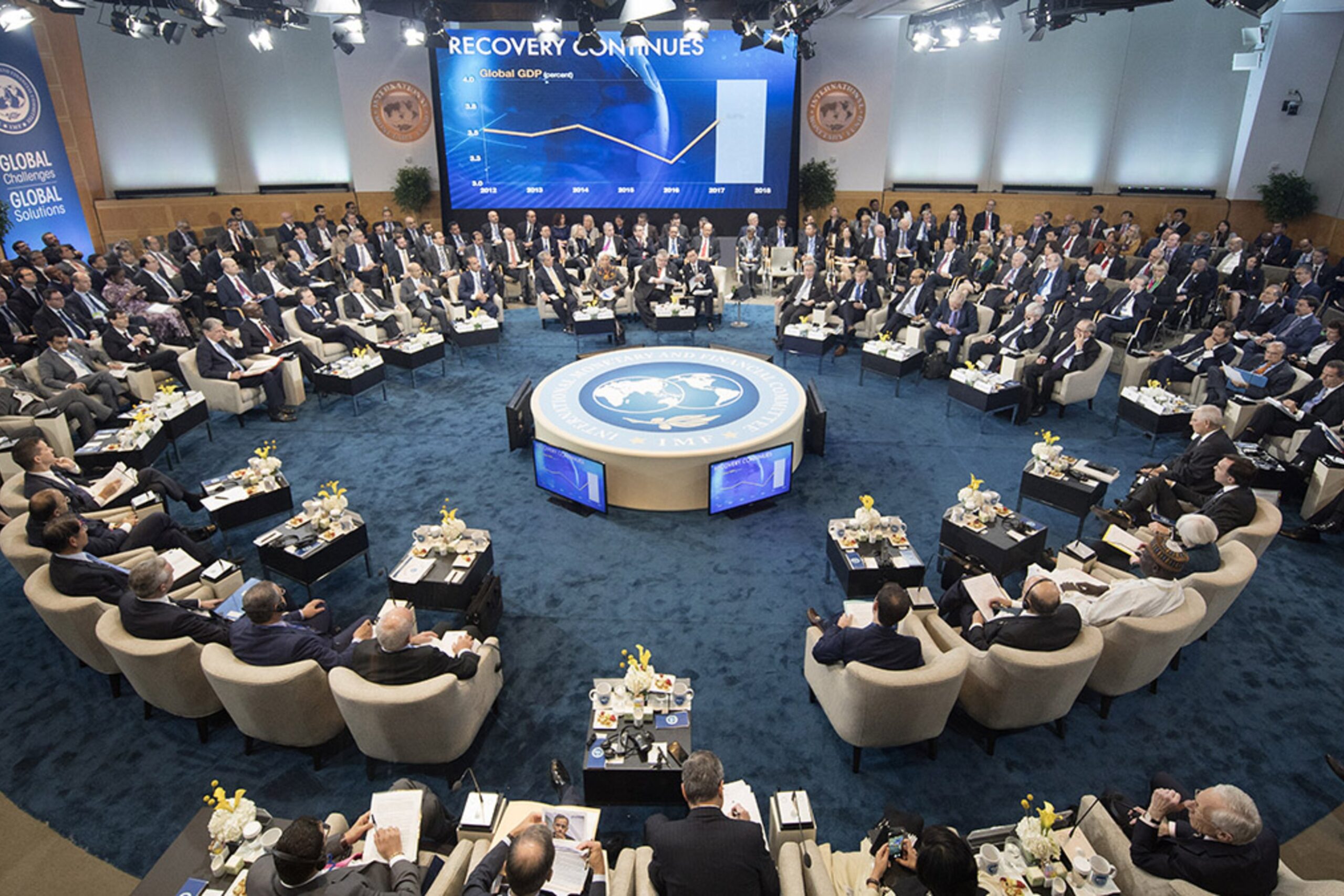Upscale investment in technology, industry urged
INDUSTRY has been urged to upscale investment in technology as it has a direct bearing on increased capacity and innovation in production, a development that will further enhance economic growth.
This was said on Friday during the emerging technologies symposium which was hosted by the National University of Science and Technology (Nust) Graduate School of Business.
The event was meant to create discussions on matters to do with technological advancement in the country’s business and health sectors running under the theme “Fostering Collaboration between Academia and Industry for National Development in the 41R.”
Dandemutande chief executive officer (CEO) Mr Never Ncube who was the guest speaker acknowledged that the nation has made notable strides in the use of technology especially in agriculture which has seen the country attaining food self-sufficiency. He, however, said there is a need to continue improving on technology so that the country can reclaim its status of being Africa’s breadbasket.
“Zimbabwe is mainly an agro-based economy and as of now we have reached food self-sufficiency in maize and wheat production but there is a lot more that we can do. As a country, we still aspire to be the breadbasket of Africa again and we can do that using smart technologies,” said Mr Ncube.
He said technology has lots of benefits in all sectors of the economy which include enhanced supply chain visibility and traceability through blockchain technology, increased productivity and efficiency through automation and robotics, adaptive learning experiences and data driven risk assessment.
“The digital economy will bring economic growth and innovation, global connectivity and competitiveness,” said Mr Ncube.
Cimas chief executive officer, Mr Vulindlela Ndlovu said the use of technology is also critical in the health sector.
He said the use of robotics and automation in surgery has increased precision, efficiency and patient safety.
“Some drug companies are exploring artificial intelligence (AI) assisted drug development. Wearable devices can be used to collect data and AI gives feedback to caregivers. Platforms that run on machine learning and artificial intelligence have been used to keep patients engaged,” he said.
During the symposium, the need to collaborate between industries and academia was emphasised.
Zimbabwe International Trade Fair (ZITF) CEO Mr Nicholas Ndebele said education 5.0 compels industry and academia to collaborate. “Whatever innovations universities come up with, they need to be commercialised to foster national development.
Industry on its own cannot prosper without a theoretical view from academia,” he said. “The purpose of this symposium is therefore to emphasise the need for collaboration between academia and the industry in line with the digitisation thrust of Vision 2030.” —chronicle









